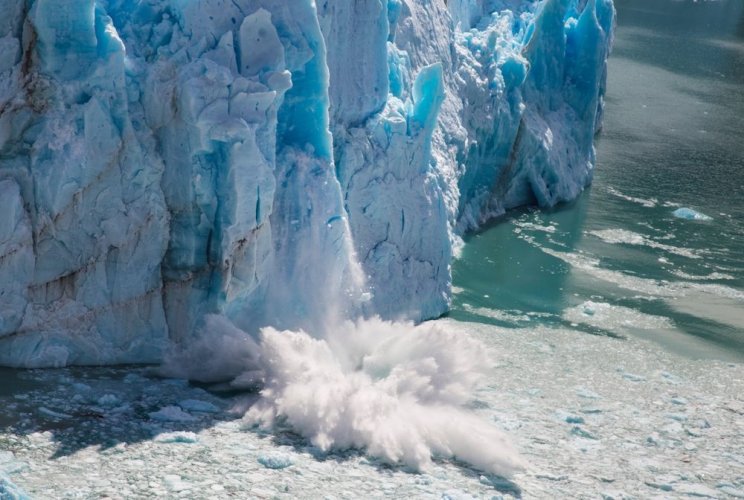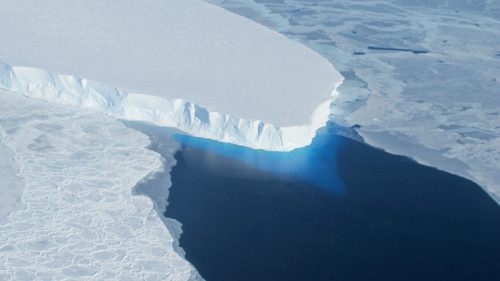Meteorologists at the National Antarctic Science Center, including Ukrainian scientists, have discovered that the cause of the rapid melting of some glaciers in Antarctica is an atypical hot core in the atmosphere.
It is formed by the superposition of two or more streams of warm air and affects the melting of the Pine Island and Twite glaciers, the National Antarctic Science Center reports on Facebook.
It is noted that scientists are studying extreme warming and precipitation in the Antarctic.
"We study the physical mechanisms of the formation of extreme warming on different scales, as well as in the perspective of climate change. First of all, we focus on explaining the formations of "hot spots" – certain areas of the coast of Antarctica, where the melting of glaciers occurs much faster than in neighboring areas," said atmospheric and geospace physicist Denys Pishnyak.
The report said that the melting of the ice sheet is affected by an extremely large number of factors. One of them is a hot core, which is formed when a flow of warm moist air from the north is superimposed on a phoenix (dry) flow from the east. This forms a thick layer of warm air and forms snowfall.
"This abundant snow in the process of falling has time to melt and turn into warm rain. That is, the precipitation probably takes heat from the warm part of the surface atmosphere and transfers it to the surface of the glaciers," the scientists explained, stressing that the conclusions will still be checked.
They added that rain makes the snow cover darker and absorbs more light and infrared radiation, which also accelerates its melting.
Scientists will continue their research, in particular, regarding changes in global temperatures.
Earlier, EcoPolitic wrote, that a study by the British Antarctic Survey showed that no matter how much the world reduces carbon emissions, the West Antarctic ice sheet will inevitably melt within probably several centuries.
As EcoPolitics previously reported, participants of the COP28 climate conference signed a historic agreement, which for the first time obliged the world to abandon all types of fossil fuels.




